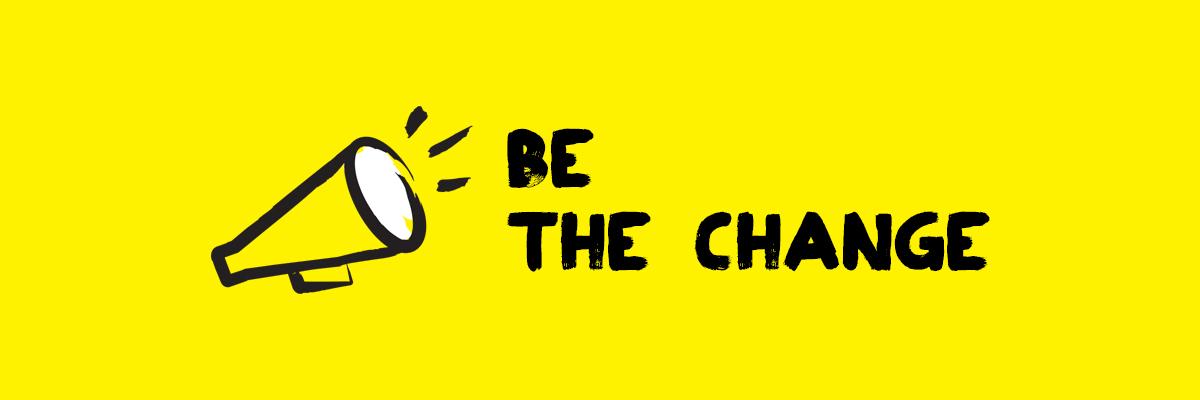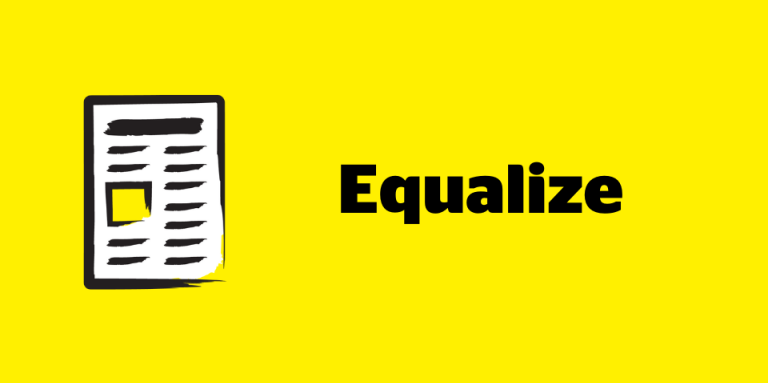
Advocate
Help us break down barriers. CNIB is proud to work alongside people who are blind, Deafblind, or have low vision to smash social and systemic barriers and advocate for an inclusive society.

The History of Accessible Elections
Canadians with physical disabilities have always had the right to vote in principle, but they did not always have access to voting services. As early as 1874, Canadians were not prevented from the right to vote because they were blind or partially sighted; however, the elector had to ask the deputy returning officer to help them mark the ballot in the presence of sworn agents of the candidates – far from a secret ballot!

Advocacy Campaigns
By learning about the issues and joining our advocacy campaigns, you can help make tangible change in your community.

Advocacy Programs
Become an advocate! When facing barriers to inclusion, knowing how to advocate effectively for yourself and others is key. Join us and learn how to advocate to support causes that matter to you.

Know Your Rights
Through the Know Your Rights project, CNIB has developed plain language legal information and resources (fact sheets, videos, training, etc.) to empower people who are blind, Deafblind, or have low vision to better understand their rights, navigate provincial legal systems and self-advocate to challenge discrimination.

Advocacy Resources
CNIB is advocating alongside community members across Canada to break down societal barriers to accessibility and create a more inclusive society for people living with sight loss. We have created resources to support community members when engaging in advocacy in their local communities, whether as a formal CNIB Community Engagement Volunteer, a person living with sight loss, or an ally who wants to help bring about change.

Equalize
As a trusted member of our advocacy community, Equalize aims to update you on CNIB’s advocacy campaigns, initiatives and programs from coast to coast to coast. We’ll highlight some of our work, profile local advocates, discuss regional and national advocacy issues, and more!